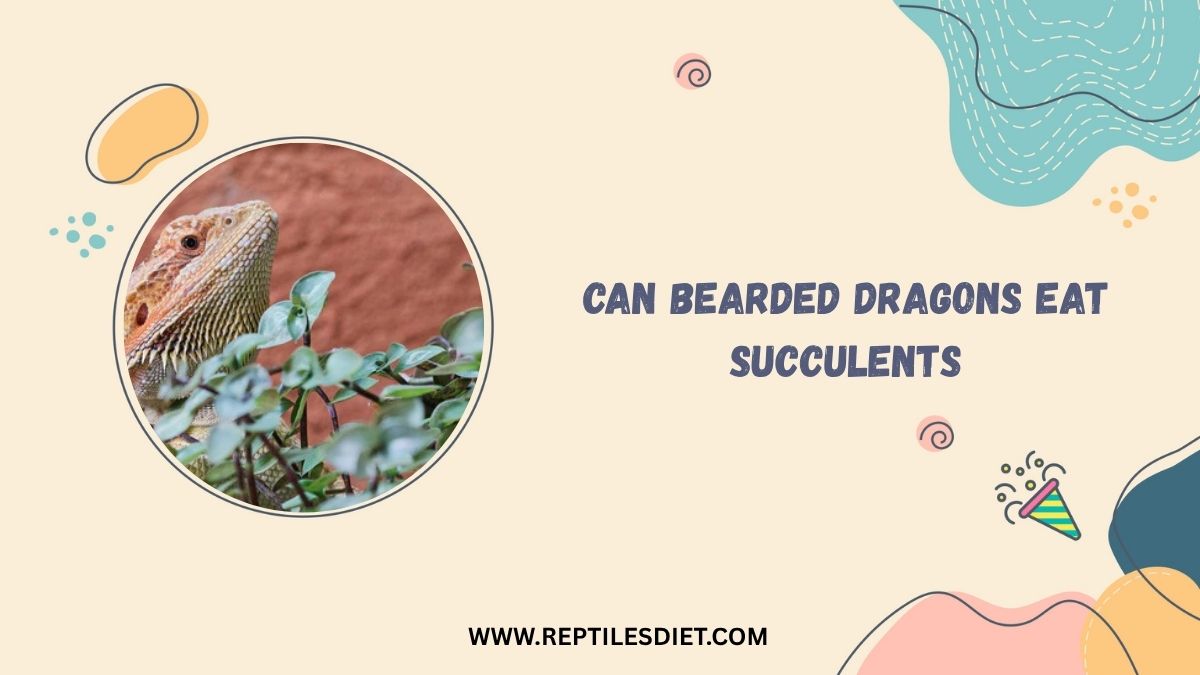Bearded dragons are curious eaters, often exploring new plants in their environment. Succulents are popular for terrariums because they look great and are easy to care for.
Bearded dragons can eat some non-toxic succulents like Echeveria. Many succulents are poisonous, so avoid those. Always choose pesticide-free plants and keep a close eye on your pet. If unsure, ask a reptile vet to keep your dragon safe.
This guide will help you understand how succulents can fit into your bearded dragon’s diet, keeping your scaly friend happy and healthy!
Understanding Bearded Dragons’ Dietary Needs
Bearded dragons need a mix of plants and bugs to stay healthy. Young dragons eat more bugs, while adults need more greens.
Their food should include leafy greens like collard greens, nutritious veggies, and safe fruits. Insects, such as crickets and dubia roaches, provide them with protein.
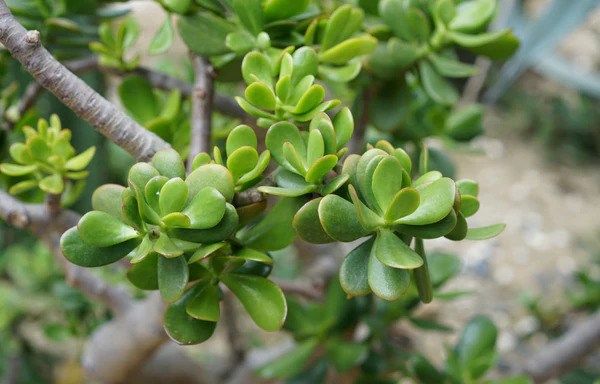
They also need calcium and vitamins to grow strong bones. Clean water should always be available. Please don’t feed them anything too big or hard to chew.
Avoid foods that are toxic, like avocado or fireflies. A good diet helps your dragon live a long, happy, and active life.
What Are Succulents?
Succulents are plants that hold water in their leaves. They thrive in hot, dry environments and require minimal water. Succulents have thick, soft, or rubbery leaves.
Some are green, while others come in fun colors like red or purple. People love them because they’re easy to care for and look great in tanks.
Some succulents are safe for bearded dragons, but others can be harmful. If you want to give your bearded dragon a succulent, you need to be very careful. Always check if the plant is safe and clean before letting your dragon eat or touch it.
What Succulents Are Safe for Bearded Dragons?
1. Aloe Vera
Aloe vera is safe in small amounts. It has soft, watery leaves and is easy to grow. Bearded dragons can nibble it sometimes, but not too much. Too much aloe may upset their tummy. Always wash the plant well and give only a little piece at a time.
2. Jade Plant (Crassula)
Jade plants are okay to use in a dragon’s tank but not for eating often. A small nibble won’t hurt, but too much can cause problems. It’s best as a pretty plant in the tank, not a snack. Please keep it clean and away from pesticides or chemicals.
3. Haworthia
Haworthia is an excellent plant for bearded dragon tanks. It’s small, safe, and doesn’t grow too fast. Dragons usually don’t eat it, but it’s okay if they do take a bite. Just make sure it’s clean and chemical-free. It adds a fun, natural look to their space.
4. Echeveria
Echeveria is a cute and colorful succulent. It’s safe for bearded dragons to be around, and it’s okay if they taste it a little.
Most dragons won’t eat much of it. Still, offer only clean, unsprayed plants. They use it more as decoration than as part of their food.
5. Prickly Pear Cactus (Opuntia)
Prickly pear cactus is an excellent snack for bearded dragons! The pads are soft, tasty, and packed with healthy ingredients.
Always remove the spines before feeding. You can give it fresh or dried. It’s one of the best succulents to add to your dragon’s diet safely.
Are Succulents Healthy for Bearded Dragons?
Some succulents can be healthy, but only in small amounts. They have water and a few nutrients, but not enough for daily food.
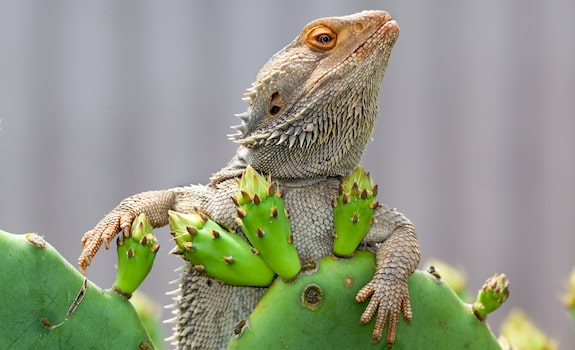
Too much can upset your dragon’s tummy. Use safe ones like prickly pear cactus. Always wash them well and offer them as a treat, not a central part of their diet.
What Succulents Should Be Avoided?
Bearded dragons should not eat these succulents, as they can be toxic or harmful:
- Pothos (Devil’s Ivy) – Toxic and unsafe.
- Kalanchoe – Can upset the stomach and cause illness.
- Euphorbia – Contains sap that can burn or poison.
- Pencil Cactus – Very irritating to skin and mouth.
- Snake Plant (Sansevieria) – Toxic if eaten.
- String of Pearls – Very poisonous and should never be offered.
- Aloe Vera (too much) – Can have a laxative effect if overfed.
How to Safely Introduce Succulents to Your Bearded Dragon’s Diet
1. Moderation
Give succulents in small amounts, not every day. They should be a treat, not a main food. Too much can upset your dragon’s tummy. Keep their diet balanced with leafy greens, veggies, and bugs.
2. Observe for Reactions
Watch your dragon after eating succulents. If they act strange, stop giving the plant. Signs like runny poop or low energy can mean it didn’t sit well. Every dragon is different, so go slow and be careful.
3. Grow or Buy Organic
Use organic succulents without sprays or chemicals. Pesticides can hurt your dragon. If you buy plants, wash them thoroughly or grow your own at home to ensure safety. Clean, natural plants are the best choice.
4. Offer Clean and Fresh
Always give fresh, clean succulents. Rinse them with water before feeding. Don’t use old, wilted, or dirty leaves. Clean food keeps your dragon happy and healthy. Fresh is best for both safety and taste.
Best Practices for Keeping Succulents in a Bearded Dragon’s Enclosure
1. Use Safe Plants Only
Only use succulents that are safe for bearded dragons. Avoid toxic ones. If your dragon bites the plant, it shouldn’t make them sick. Do a little research first, or ask a reptile vet to be sure it’s okay.
2. Monitor the Plant’s Condition
Check the plant often. If it looks dry, moldy, or damaged, remove it. Dirty or rotting plants can make your dragon sick. Healthy plants help keep the tank safe and clean for your pet.
3. Placement Matters
Place succulents where your dragon won’t knock them over or crush them. Keep them away from food and water bowls. Safe placement keeps both the plant and your dragon happy and stress-free.
4. Consider Rotation
Replace succulents periodically. This keeps things fresh and fun for your dragon. It also gives the plants time to rest and grow. A slight change can make their home more exciting.
Safe Alternatives to Succulents
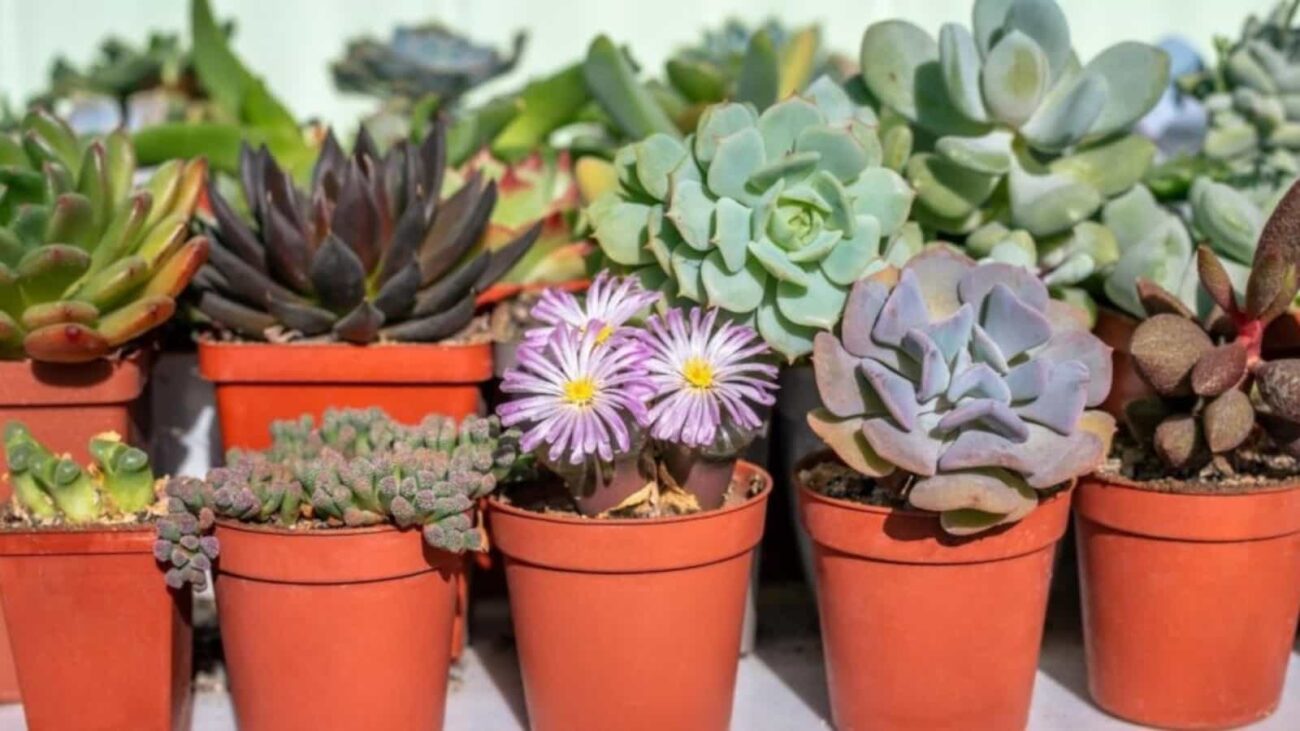
Here are some safe and healthy foods you can give your bearded dragon instead of succulents:
- Leafy Greens: Collard greens, mustard greens, and turnip greens are full of vitamins and great for everyday.
- Vegetables: Bell peppers, zucchini, and carrots are not only colorful but also nutritious.
- Herbs: Basil, parsley, and cilantro add variety and are safe to eat.
- Flowers: Dandelion flowers, hibiscus, and nasturtiums are safe and fun treats.
Can Bearded Dragons Eat Succulent Seeds?
Bearded dragons should avoid eating succulent seeds. Seeds can be hard to digest and might cause stomach problems.
It’s safer to stick to feeding them leaves or pads from safe succulent plants instead. Always watch your dragon to keep them healthy and happy.
Can Bearded Dragons Eat Succulents Everyday?
Bearded dragons should not eat succulents every day. Too much can upset their tummy or cause health problems.
It’s best to offer succulents occasionally as part of a balanced diet that includes other vegetables and insects. Variety keeps them happy and healthy.
Can Bearded Dragons Eat Aloe Vera?
Yes, bearded dragons can eat aloe vera, but only in small amounts. Aloe vera is safe and has some health benefits. Ensure you provide clean, fresh leaves free from any chemicals. Watch your dragon after trying it to make sure they feel good.
What Plants Are Safe For Bearded Dragons To Eat?
Safe plants for bearded dragons include collard greens, dandelion greens, mustard greens, and safe succulents like aloe vera and prickly pear cactus.
Avoid plants with pesticides or that are toxic. Fresh, clean, and organic plants help keep your dragon strong and healthy.
Can Bearded Dragons Eat Cactus Pads?
Yes, bearded dragons can eat cactus pads, especially from prickly pear cactus. Make sure the pads are clean and have no spines. Cactus pads provide good moisture and fiber, which helps your dragon stay hydrated and digest well.
Are Spider Plants Safe For Bearded Dragons?
Spider plants are generally safe for bearded dragons but should be given in small amounts. Some dragons may not like the taste. Always watch your pet closely after trying new plants to ensure there are no adverse reactions.
Toxic Plants For Bearded Dragons
Avoid feeding your bearded dragon plants like oleander, foxglove, azalea, and rhubarb. These plants are toxic and can cause serious health problems. Always check if a plant is safe before letting your dragon eat or live near it.
Can Bearded Dragons Eat Eucalyptus?
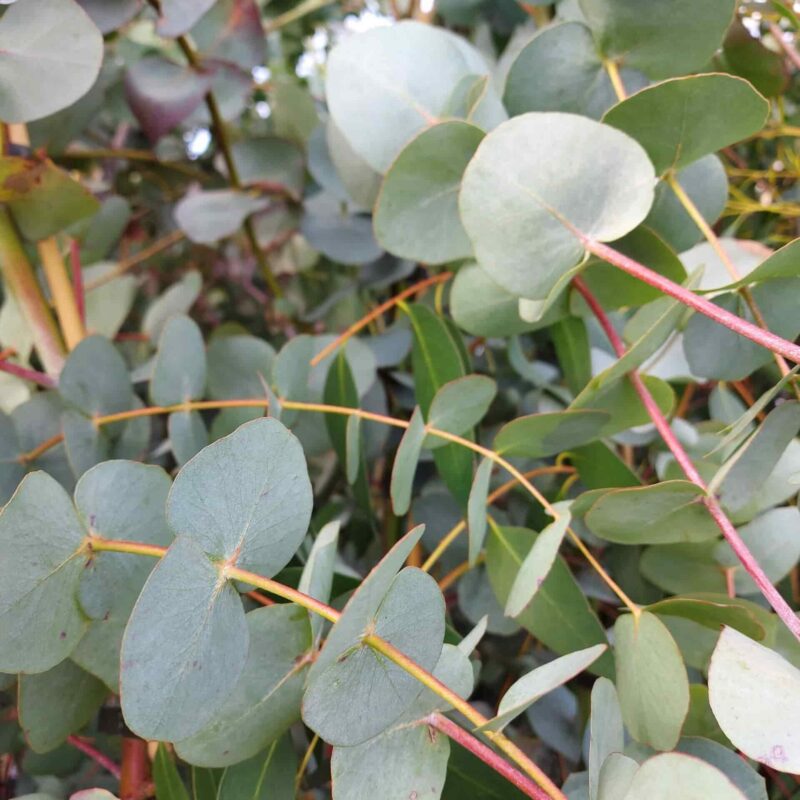
Eucalyptus is not safe for bearded dragons to eat. It contains oils that can harm their digestive system and cause breathing problems. Keep eucalyptus plants away from your dragon’s enclosure to keep them safe and healthy.
What to Do If Your Bearded Dragon Eats a Succulent
If you think your bearded dragon ate a toxic succulent, act fast:
- Remove any leftover plants from their enclosure.
- Watch for signs such as vomiting, diarrhea, or refusal to eat.
- Call a reptile vet immediately and tell them what happened.
- Don’t try to treat it yourself—get professional help.
FAQs
1. What Plants Are Poisonous To Bearded Dragons?
Some plants, such as oleander, rhododendron, and lilies, are poisonous to bearded dragons. Avoid these to keep your pet safe and healthy.
2. Can Beardies Eat Cactus?
Bearded dragons can eat cactus pads like prickly pear if prepared carefully. Give only small amounts to avoid any stomach issues.
3. Do Lizards Like Succulents?
Many lizards enjoy eating succulents because they are juicy and mild. However, preferences can vary depending on the type of lizard.
4. What Kind Of Grass Is Safe For Bearded Dragons?
Safe grasses for bearded dragons include Bermuda grass and Timothy grass. These grasses are gentle and non-toxic for your pet to eat.
5. What Succulents Are Safe For Bearded Dragons?
Safe succulents for bearded dragons include aloe vera, jade plant, haworthia, echeveria, and prickly pear cactus. Always feed in moderation.
6. Can Bearded Dragons Eat Grapes?
Bearded dragons can eat grapes as an occasional treat. Remove seeds before feeding and offer only small pieces to avoid choking.
7. What Is The Best Succulent For A Terrarium?
Aloe vera and echeveria are great succulents for terrariums. They are safe for bearded dragons and easy to care for indoors.
8. Can Bearded Dragons Eat Bananas?
Bananas can be fed to bearded dragons sometimes. Due to the high sugar content, offer only small amounts and infrequently.
9. Can Bearded Dragons Eat Jade Succulents?
Jade succulents are safe in small amounts, but they should not be a primary source of food. Too much can upset their stomach.
10. Can Bearded Dragons Eat Cucumber?
Cucumber is safe and hydrating for bearded dragons. Feed in moderation, as too much water can cause loose stools.
Conclusion
Bearded dragons can safely enjoy some succulents like aloe vera and prickly pear cactus in small amounts. Always avoid toxic plants and pesticides. Offer succulents as occasional treats, not a primary food source. Watch your dragon closely for any signs of distress, and consult a veterinarian if you’re unsure to keep them healthy and happy.

